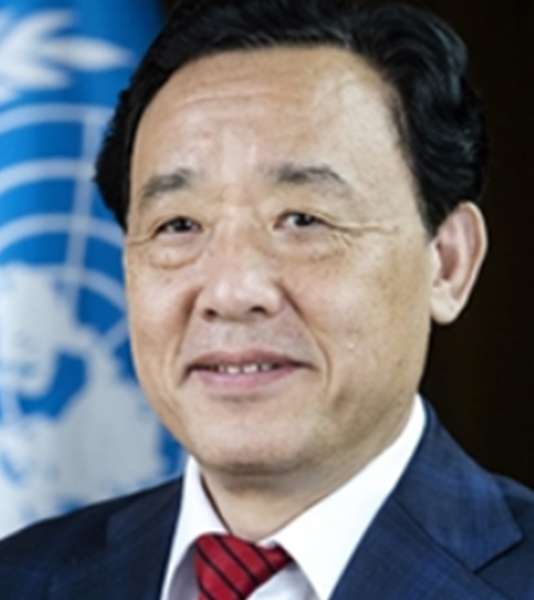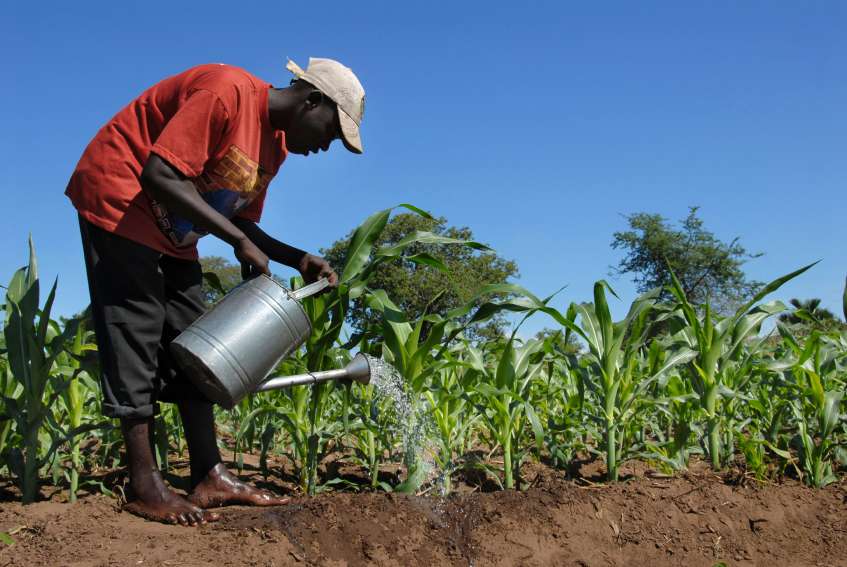The Director-General of FAO, Qu Dongyu, has reassured that the world can still contain the impact on global food security with the right policies amidst the Russia-Ukraine crisis.
According to Qu, the war in Ukraine has impacted consumers worldwide as a result of increased price of food, energy, and fertilizers putting the subsequent global harvests at risk; However, the crisis can be averted with the right policies in place.
In an address to the 169th session of FAO’s Council, convened to discuss the consequences of the war in Ukraine on global food security, Qu emphasized the importance of keeping global supply chains functioning and highlighted FAO’s work on the ground. According to FAO’s latest Food Price Index, the meeting was held as food prices posted a 12.6 percent rise from February, reaching a new all-time high in March, with cereals and vegetable oils prices surging.
“Prices for staple foodstuffs such as wheat and vegetable oils have been soaring lately, imposing extraordinary costs on global consumers, particularly the poorest,” Qu said. And with energy prices rising in parallel with food prices, “the purchasing power of vulnerable consumers and countries has further decreased,” Qu said.

Meanwhile, today’s high fertilizer prices could lead to lower fertilizer use next season and possibly beyond, with the real prospect of a drop in food production, leading to even higher food prices. “This would potentially result in more undernourished people in 2022 and months to come,” Qu warned.
Supply disruptions
Russia and Ukraine together account for nearly 30 percent of global wheat exports and about 80 percent of global sunflower exports. Russia is the largest exporter of fertilizers.
The Director-General presaged that supply disruptions in these two countries will be felt across global agrifood systems.
While the supply situation in global food markets is tight and there are reasons for concern, there is also evidence that the current problems can be contained and that a global food crisis like the one seen in 2008 can be averted, Qu said.
That will depend on avoiding repeating the mistakes made in 2008, when “counter-productive policies” on trade were imposed.
“The major difference from 2008 is that today we are facing the big risk that our planting season for next year will be drastically affected – in 2008, the shock was due to a drought and did not put the next planting season at risk,” Qu said.
“We must not shut down our global trade system, and exports should not be restricted or taxed.”
In addition, the FAO has proposed an efficient and well-targeted social protection plans and strengthened market transparency and policy dialogue to minimize disruptions, ensure continued functioning, and the smooth flow of trade in food and agricultural products should be considered.
READ ALSO: Over GHS462,000 Owed By Some Tamale Households To NEDCo- William Asare



















